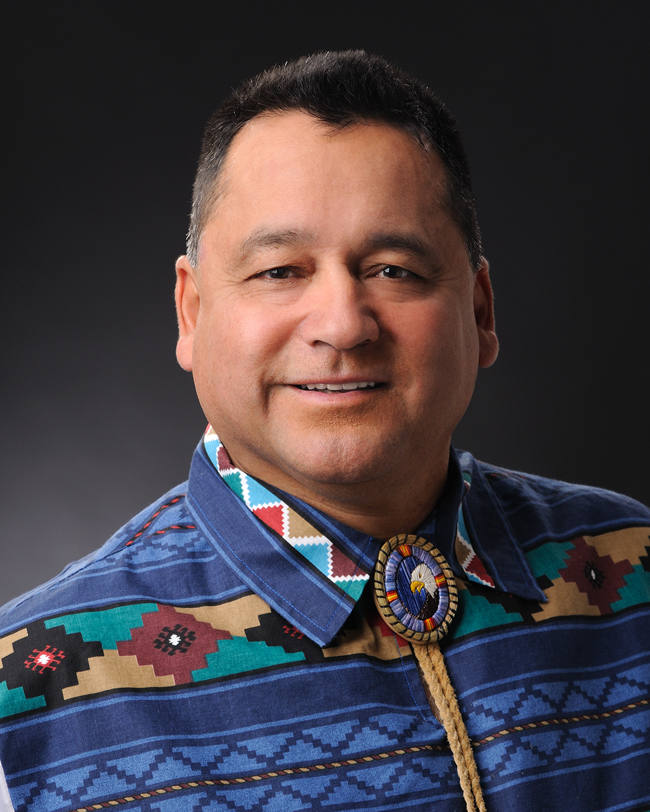Agreement changes an ‘abuse of power’

Text of a March 28, 2013 letter from Grand Council Chief Patrick Madahbee to Bernard Valcourt, Minister of Indian and Northern Affairs Canada.
Dear Minister:
Re: Unilateral Amendments to the 2013-14 First Nation Funding Agreements
I am writing in regards to the 2013-14 First Nation Funding Agreements. As you are aware your ministry has made unilateral amendments to these agreements that anticipate future legislative change. It is disturbing and in our view unreasonable, that Indian and Northern Affairs Canada (INAC) has chosen to add language to First Nation Contribution Agreements (FNCA) that appears to give your department almost unlimited power to make unilateral changes through “administrative measures” and an “Act of Parliament”.
One of these possible legislative changes is Bill C-27, the First Nation Financial Transparency Act. This unilateral change in funding agreements based on Bill C-27 is clearly high-handed, an abuse of power and contrary to the honour of the Crown as a fiduciary. The reasons are as follows:
1) The amendments reflect an unknown factor– possible legislative change. This may include Bill C-27 in its current state or as amended at some future date or some entirely different bill. First Nations that do sign are unaware of what this could entail including the costs of compliance, the capacity required to comply and if they could even comply with the reporting burdens at all;
2) In our view, it is coercive to have a newly-introduced bill be the condition to which a First Nation receives funding for essential services.
3) First Nations that have signed “under duress” have had their agreements flatly rejected by INAC with the explanation being that this would not create a binding agreement. INAC has failed to enquire about the exact source of the duress so it may be addressed;
4) The unknown legislative changes that INAC is attempting to incorporate do not possess the requisite certainty required to create a binding contract so these provisions would likely be non-binding anyway;
5) FNCA are for essential programs and services. As in the past, these unilateral amendments to First Nation Funding Agreements are put to our First Nations on a “take it or leave it” basis. If they do not agree, they will not get their funding. This creates duress in a fiduciary relationship whether they state it or not.
6) Considering that the legislative standards in proposed legislation have not yet been agreed to by parliament, let alone First Nations, this shows a lack of good faith in dealing with First Nations.
In addition to the changes, your department took the liberty of removing the non-derogation clause that acknowledges First Nations’ Aboriginal and treaty rights, which is consistent with the Canada Constitution Act, 1982. No reason has been given for its removal and First Nations were given no warning of this omission.
By withholding First Nation funding for such essential services, INAC is in breach of its fiduciary obligations, indifferent to the “Honour of the Crown”, and using coercive measures to limit a First Nation’s ability to challenge your department’s unilateral amendments, which is not consistent with a democratic government.
In consideration of the above, I am requesting that INAC remove the newly-incorporated conditions and restore funding agreements to the standard agreements that were in place prior to this fiscal year. This could be a temporary measure until INAC properly consults with each First Nation and gives a reasonable explanation as to why any changes are required. In a democracy, governments consult with the party they are impacting and allow for reasonable debate and consideration, clearly this has not happened in this instance.
I look forward to your reply.
Respectfully,
Patrick Wedaseh Madahbee
Grand Council Chief


